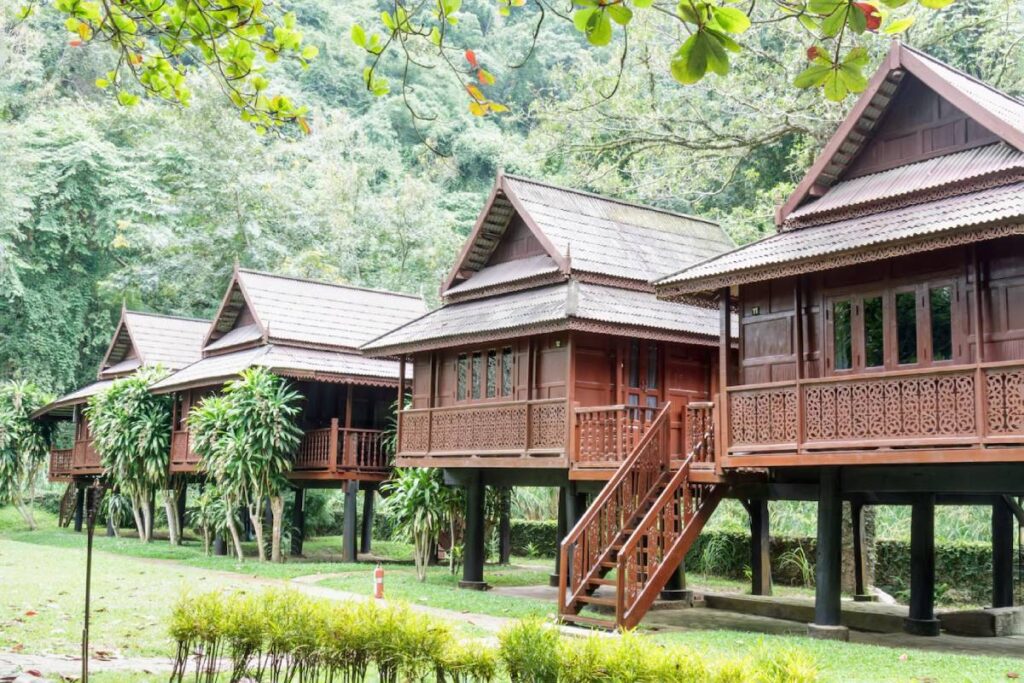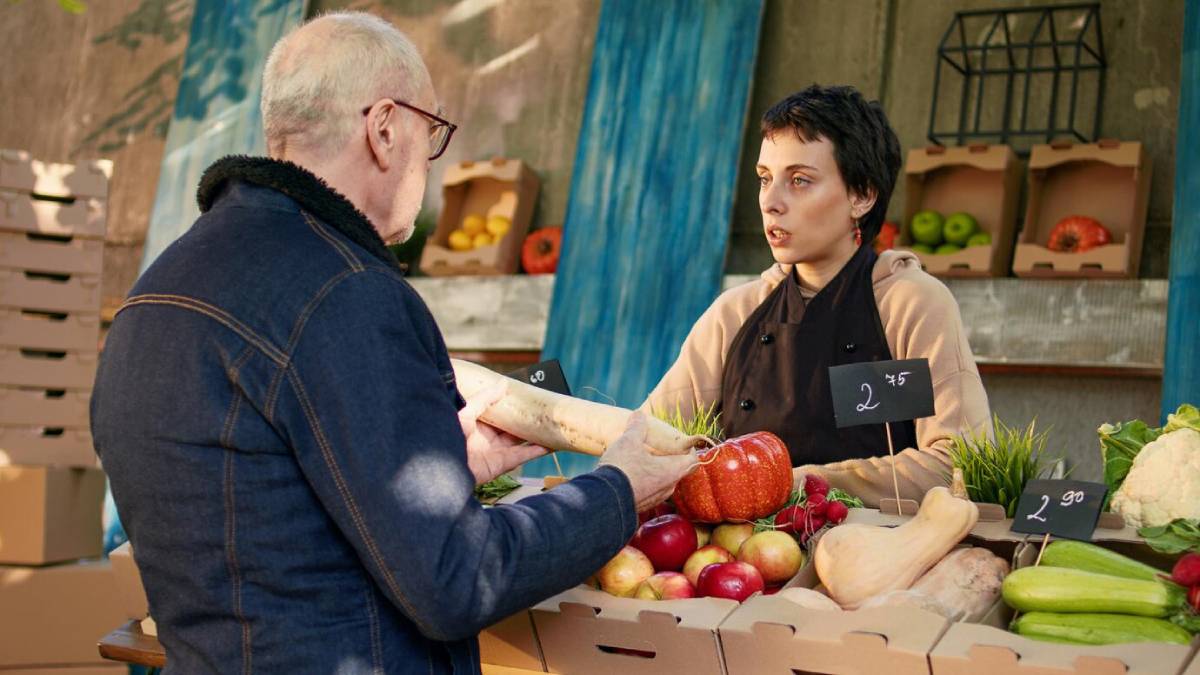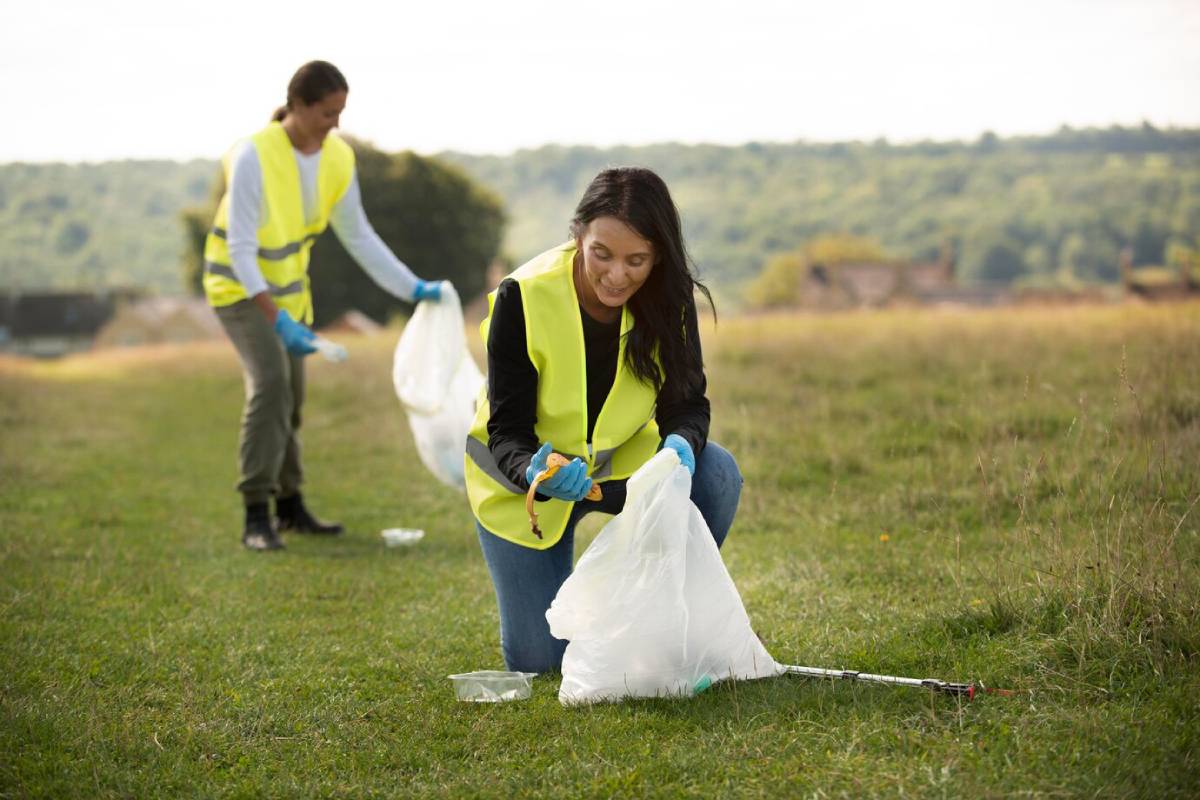Travel Blogs

Choosing Sustainable Accommodation
Where you sleep while travelling can affect many things. It can impact the planet, local communities, and your own experience. That’s why choosing sustainable accommodation isn’t just a trend—it’s a responsible shift in the way we travel.
Whether you’re reserving a beach bungalow or a city hotel, it’s key to grasp the real cost and value of your stay. This guide gives easy, practical tips for finding eco-friendly lodging. You can find places that help the environment and support communities. You can enjoy comfort, charm, and convenience too.
Let’s explore how you can make your next overnight stay a more thoughtful one.
Why Sustainable Accommodation Matters

Sustainability in travel doesn’t stop at skipping plastic straws or reusing towels. The hotel industry has a big impact on the environment. This includes energy and water use, food waste, and local disruption.
Choosing green travel stays helps:
- Reduce emissions and waste
- Support local businesses and staff
- Protect local ecosystems and culture
- Improve your own travel experience
It’s a win-win: You enjoy a meaningful trip while helping the places you visit.
What Counts as Eco-Friendly Lodging?
Not all green claims are created equal. “Eco” is often thrown around without evidence. So what really defines a sustainable hotel or lodge?
Key Characteristics of Truly Sustainable Stays:

- Energy Efficiency: Solar panels, LED lighting, motion sensor switches.
- Water Conservation: Low-flow toilets and showers, greywater systems, rainwater harvesting.
- Waste Management: Composting, recycling, reduced single-use plastics.
- Local Sourcing: Food, furnishings, and supplies from nearby producers.
- Fair Employment Practices: Ethical treatment and fair pay for staff.
- Community Engagement: Giving back to local causes or collaborating with indigenous groups.
- Eco-Building Design: Natural ventilation, local materials, green roofs.
- Carbon Offsetting: Initiatives to reduce or offset emissions.
Choose Sustainable Accommodation
Check for Certifications
Start by looking for recognised eco-certifications. These indicate that a third party has verified the property’s efforts.
Trusted Certifications to Look For:
- Green Globe
- EarthCheck
- LEED Certification
- Rainforest Alliance
- EU Ecolabel
- Global Sustainable Tourism Council (GSTC) recognition
These standards evaluate everything from building design to waste management and community involvement.
Read the Sustainability Policy
Most truly eco-conscious hotels will proudly share their sustainability efforts online. Look for a dedicated webpage or sustainability section on their website.
Questions to ask yourself:
- Do they specify what they do (not just vague buzzwords)?
- Are they transparent about challenges or goals?
- Do they support conservation or local community projects?
If it’s all marketing and no substance, that’s a red flag.
Review Guest Experiences
Dig into online reviews on platforms like TripAdvisor, Booking.com, or Google Reviews.
Look for mentions of:
- Environmental practices (e.g. no plastic bottles, solar power)
- Local hiring or fair employment
- Eco-conscious amenities (refillable toiletries, green spaces)
- Authentic cultural experiences
- Guest education on sustainability
Peer experiences often reveal the real deal.
Evaluate Location and Size
Smaller, locally run places often have lower impact and deeper local roots. Rural eco-lodges, community homestays, and family-run inns often connect more deeply with their area.
Consider:
- Is the property built in harmony with its surroundings?
- Are natural habitats preserved?
- Does it avoid areas suffering from overtourism?
Staying at a sustainable hotel away from crowded tourist areas helps fragile ecosystems. It also supports communities that often get overlooked.
Ask Before You Book
Don’t be shy.
Contact the accommodation directly and ask a few simple questions:
- How do you handle waste and water conservation?
- Do you employ and train local staff?
- Are you involved in any community or conservation projects?
If they’re genuine, they’ll be happy to share. If they can’t answer, that tells you something, too.
What to Pack for an Eco-Friendly Stay
Your sustainable accommodation efforts can go further with thoughtful packing:
Eco-Friendly Essentials:
- Reusable water bottle and travel mug
- Refillable toiletry bottles (with biodegradable soap/shampoo)
- Tote bag for shopping or laundry
- Solar charger or battery pack
- Travel towel (quick-dry and compact)
These small choices reduce waste and show respect for your host’s eco-efforts.
Best Practices During Your Stay
Even in a green-certified lodge, your habits matter.
Here’s how to be a thoughtful guest:
Save Energy and Water
- Turn off lights, fans, and A/C when leaving the room
- Keep showers short and report any leaks
- Reuse towels and sheets if you’re staying multiple nights
Respect Local Culture and Community
- Learn local customs and dress modestly where appropriate
- Buy souvenirs from local makers
- Eat at community-owned restaurants or street vendors
Leave No Trace

- Carry your rubbish out with you during hikes or tours
- Don’t disturb wildlife or pick plants
- Avoid feeding animals or leaving food scraps behind
Real Story: A Greener Stay in Morocco
Jess, a traveller from Manchester, shared her experience at an eco-riad in Marrakech. The property ran on solar water heating, used organic cotton sheets, and sourced all its food from local farms.
What stood out most wasn’t the green features. It was how the hotel supported a women’s weaving cooperative just outside the city. Jess ended up visiting the workshop and buying gifts directly from the artisans. She left with memories, not just souvenirs.
As she put it: “That stay helped me see that sustainability isn’t just about the environment—it’s about people, too.”
Sustainable Accommodation Platforms to Bookmark
These booking platforms make it easier to find and trust eco-lodging options:
- BookDifferent – Shows the carbon footprint per night and donates to charities.
- EcoBnB – Offers green-certified homes and B&Bs.
- Kind Traveller – Partners with hotels that donate to local causes.
- Green Pearls – Lists boutique sustainable hotels worldwide.
- Fairbnb.coop – Offers home-stays where 50% of the commission goes to community projects.
Watch Out for Greenwashing
Some properties use buzzwords like “eco” or “green” to attract guests without making an effort. This is called greenwashing.
Warning signs:
- No sustainability policy or transparency
- Mass-produced plastic toiletries
- Buffet food waste with little local flavour
- Overdevelopment in natural or sensitive areas
True eco-friendly lodging is humble, honest, and people-focused—not just trendy.
Make Your Stay Count
Your accommodation isn’t just a place to sleep—it’s part of your travel impact. Picking sustainable hotels shows you care about your impact on the area.
Ask the right questions, pack smartly, and promote responsible stays. This way, you help change travel for the better—one room at a time.
So next time you book a trip, don’t just ask where you’re going—ask how you’ll stay. Share your favourite eco-friendly place to stay below. Let’s inspire fellow travellers to be greener, too!









